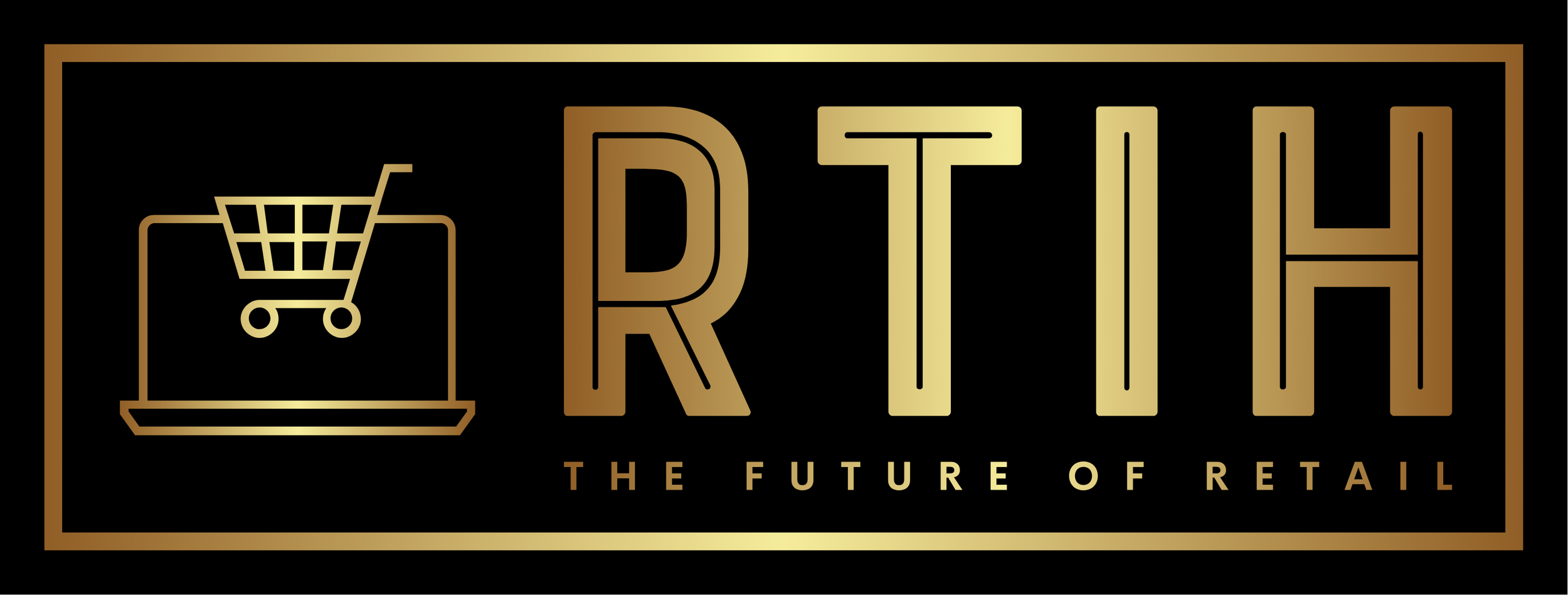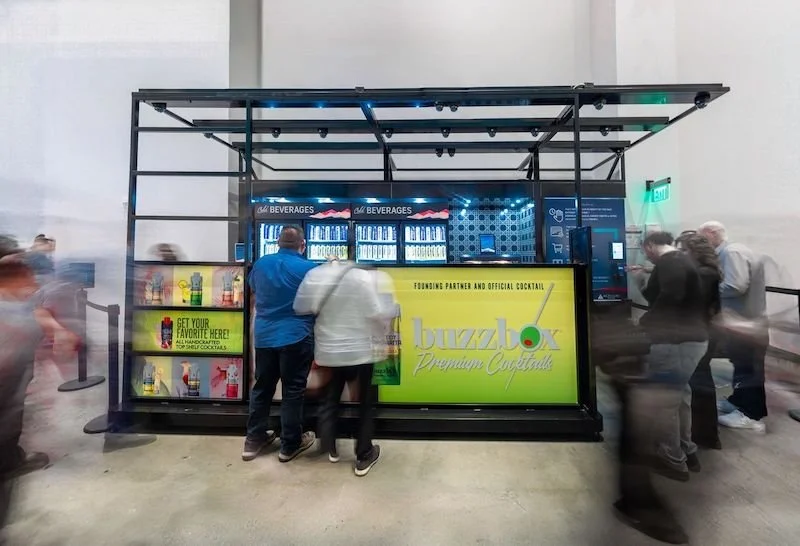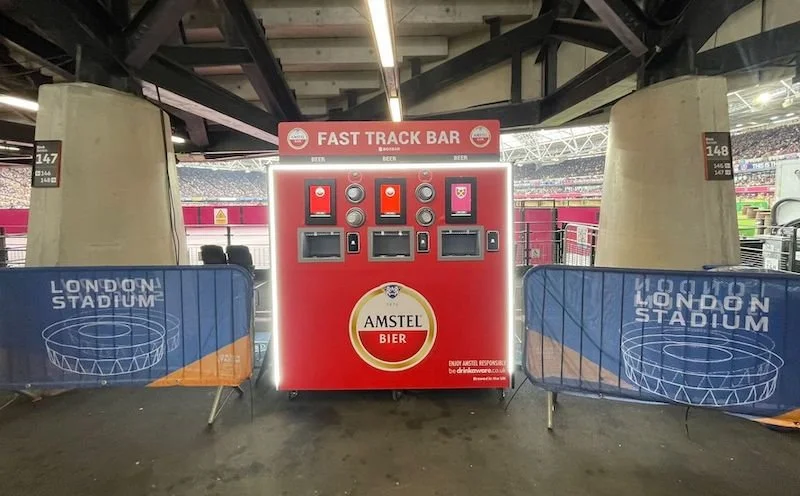Blockchain technology: a game-changer for supply chain management in retail
The retail industry has witnessed a profound transformation in recent years, with technology playing a pivotal role in enhancing efficiency and transparency across the supply chain. One of the most revolutionary innovations that have emerged is blockchain technology.
While blockchain is often associated with cryptocurrencies, its impact on supply chain management in retail cannot be overstated. In this article, we'll explore how blockchain reshapes the retail supply chain, offering transparency, security, and efficiency.
The challenge of supply chain management
Supply chain management in the retail sector is a multifaceted process, entailing various stakeholders, such as manufacturers, distributors, retailers, and customers. Ensuring data accuracy and security in this intricate network of transactions has been an ongoing challenge.
Traditional supply chain systems frequently depend on centralised databases, rendering them susceptible to errors, fraud, and data breaches. This vulnerability necessitates a transformative solution, which blockchain technology has now provided.
Transparency and traceability
Blockchain technology introduces a heightened degree of transparency and traceability to the supply chain, effectively illuminating the entire journey of products. Every transaction and data point is meticulously documented within a decentralised ledger, forming an immutable trail.
This innovation empowers all participants in the supply chain to effortlessly authenticate the legitimacy of products and transactions, thus significantly mitigating the perils associated with counterfeiting and fraud.
Enhanced security
Furthermore, the decentralised nature of blockchain technology not only ensures high security but also dramatically reduces the risk of single points of failure. With data distributed across a network of computers, eliminating a central authority or intermediary makes it more resilient to attacks or system failures.
Attempting to alter a transaction within the blockchain requires the consensus of most network participants, creating a level of cryptographic security that is exceptionally challenging for malicious actors to breach, thus fortifying the supply chain against cyber threats.
Smart contracts streamline operations
Smart contracts, an integral element of blockchain technology, are self-executing agreements where contract terms are encoded directly. Within the retail supply chain, these contracts automate payments and deliveries.
When specific conditions are met, the intelligent contract autonomously triggers predefined actions, diminishing the reliance on intermediaries, expediting processes, and minimising the occurrence of errors. This results in an even more streamlined and efficient supply chain management system.
Real world examples
Retail giants like Walmart and IBM have already recognised the potential of blockchain technology in supply chain management. They have launched pilot programs and initiatives to leverage blockchain for greater transparency and efficiency.
For instance, Walmart implemented a blockchain system for its leafy green suppliers to track the origins of their products in real-time. This not only helps in quickly identifying the source of contamination during food recalls but also ensures that consumers receive fresh and safe produce.
Challenges and adoption
Despite its promising benefits, adopting blockchain technology in the retail supply chain takes time and effort. Implementing blockchain systems can be complex and costly. There are also issues related to interoperability and standardisation.
However, as more businesses see the advantages of blockchain, the technology is gaining momentum, and solutions are emerging to address these challenges.
PayPal casinos: a different realm of digital transactions
In a world increasingly driven by digital payments, PayPal has emerged as a prominent player in facilitating secure online transactions. While the retail supply chain harnesses blockchain for efficiency, the online gaming industry explores the benefits of PayPal casinos.
These virtual gaming platforms offer players the convenience and security of using PayPal for deposits and withdrawals. If you want to explore this realm, a guide to the best PayPal casinos can help you find the most trusted and enjoyable gaming experiences.
Conclusion
Blockchain technology could be a game-changer for supply chain management in the retail industry. Its ability to provide transparency, security, and automation can streamline operations and improve stakeholder trust.
As more companies embrace this technology and overcome its initial challenges, we expect a more efficient and secure retail supply chain. Meanwhile, in online gaming, PayPal casinos offer a different digital experience, making it easier and safer for players to enjoy their favourite games.
If you're considering exploring this exciting online gaming world, refer to a guide to the best PayPal casinos for an informed start.















Continue reading…